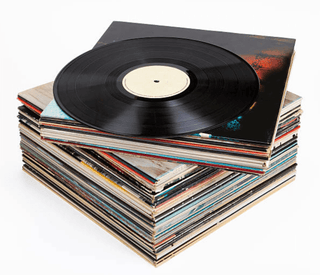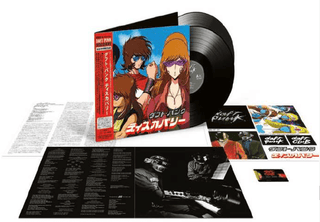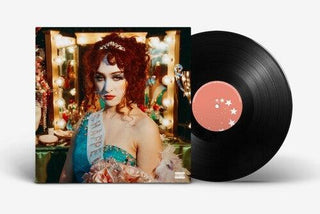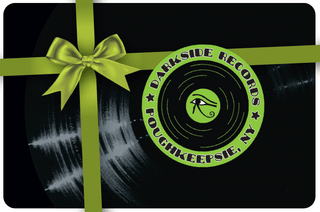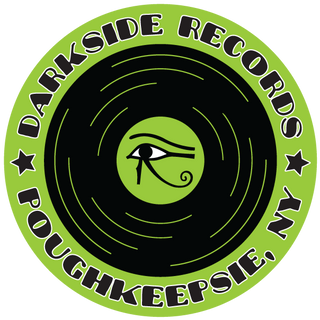Mean Streets

"You don't make up for your sins in church; you do it in the streets; you do it at home. The rest is bulls--t, and you know it." Returning to the autobiographical milieu of his 1968 debut Who's That Knocking at My Door? for his third feature, Martin Scorsese examined the daily struggles of a wannabe hood to keep his morals straight on the streets of Little Italy. Driven equally by his wish to become a respectable gangster like his uncle (Cesare Danova) and his desire to live his life like St. Francis, Charlie (Harvey Keitel) takes on his energetically unhinged friend Johnny Boy (Robert De Niro) as his own personal penance, intervening to get Johnny Boy to pay off a debt to the local loan shark Michael (Richard Romanus). Despite his promises to his epileptic girlfriend Teresa (Amy Robinson) that they will move out of Little Italy once he strengthens his position in his uncle's world, Charlie's involvement with Johnny Boy further ensnares him in the neighborhood. When Johnny Boy decides to mouth off to Michael rather than pay him, Charlie, Johnny Boy, and Teresa try to flee Michael's murderous anger (and an assassin played by Scorsese), forcing Charlie to realize that the rules of the streets do not mesh with absolution. Whereas fellow "film school generation" director Francis Ford Coppola transformed the Hollywood gangster movie into metaphorical epics about the Mafia and capitalism in The Godfather (1972) and The Godfather Part II (1974), Scorsese revised the genre in the opposite direction, focusing on the gritty minutiae of daily life and drawing from personal memory. Combining documentary-style realism (even though most of the film was shot in L.A.); kinetic editing and camera movement; and expressionistic lighting, angles, and film speed, Scorsese presents an intimate picture of the trivial incidents and latent violence of Charlie's and Johnny Boy's world, naturalistically unfolding their experiences rather than simply explaining what motivates them. They lead a claustrophobic, petty existence that Scorsese and screenwriter Mardik Martin witnessed growing up in Little Italy, complete with a soundtrack of hit songs like "Be My Baby" and "Jumping Jack Flash" that had poured out of neighborhood radios. Mean Streets opened at the New York Film Festival to excellent notices and played strongly in New York but failed to duplicate that level of business elsewhere. Even so, Mean Streets established Scorsese and De Niro as formidable young talents and marked the beginning of a long-running and fertile collaboration that continued in such films as Taxi Driver (1976), Raging Bull (1980), The King of Comedy (1983), and Goodfellas (1990). Scorsese's exceptional grasp of the texture of day-to-day life, the rhythm and cadences of street talk, and cinema's visual and aural possibilities makes Mean Streets one of the pivotal films of the 1970s, as well as of Scorsese's career, and an influence on such future filmmakers as Spike Lee and Quentin Tarantino, among many others.
"You don't make up for your sins in church; you do it in the streets; you do it at home. The rest is bulls--t, and you know it." Returning to the autobiographical milieu of his 1968 debut Who's That Knocking at My Door? for his third feature, Martin Scorsese examined the daily struggles of a wannabe hood to keep his morals straight on the streets of Little Italy. Driven equally by his wish to become a respectable gangster like his uncle (Cesare Danova) and his desire to live his life like St. Francis, Charlie (Harvey Keitel) takes on his energetically unhinged friend Johnny Boy (Robert De Niro) as his own personal penance, intervening to get Johnny Boy to pay off a debt to the local loan shark Michael (Richard Romanus). Despite his promises to his epileptic girlfriend Teresa (Amy Robinson) that they will move out of Little Italy once he strengthens his position in his uncle's world, Charlie's involvement with Johnny Boy further ensnares him in the neighborhood. When Johnny Boy decides to mouth off to Michael rather than pay him, Charlie, Johnny Boy, and Teresa try to flee Michael's murderous anger (and an assassin played by Scorsese), forcing Charlie to realize that the rules of the streets do not mesh with absolution. Whereas fellow "film school generation" director Francis Ford Coppola transformed the Hollywood gangster movie into metaphorical epics about the Mafia and capitalism in The Godfather (1972) and The Godfather Part II (1974), Scorsese revised the genre in the opposite direction, focusing on the gritty minutiae of daily life and drawing from personal memory. Combining documentary-style realism (even though most of the film was shot in L.A.); kinetic editing and camera movement; and expressionistic lighting, angles, and film speed, Scorsese presents an intimate picture of the trivial incidents and latent violence of Charlie's and Johnny Boy's world, naturalistically unfolding their experiences rather than simply explaining what motivates them. They lead a claustrophobic, petty existence that Scorsese and screenwriter Mardik Martin witnessed growing up in Little Italy, complete with a soundtrack of hit songs like "Be My Baby" and "Jumping Jack Flash" that had poured out of neighborhood radios. Mean Streets opened at the New York Film Festival to excellent notices and played strongly in New York but failed to duplicate that level of business elsewhere. Even so, Mean Streets established Scorsese and De Niro as formidable young talents and marked the beginning of a long-running and fertile collaboration that continued in such films as Taxi Driver (1976), Raging Bull (1980), The King of Comedy (1983), and Goodfellas (1990). Scorsese's exceptional grasp of the texture of day-to-day life, the rhythm and cadences of street talk, and cinema's visual and aural possibilities makes Mean Streets one of the pivotal films of the 1970s, as well as of Scorsese's career, and an influence on such future filmmakers as Spike Lee and Quentin Tarantino, among many others.
